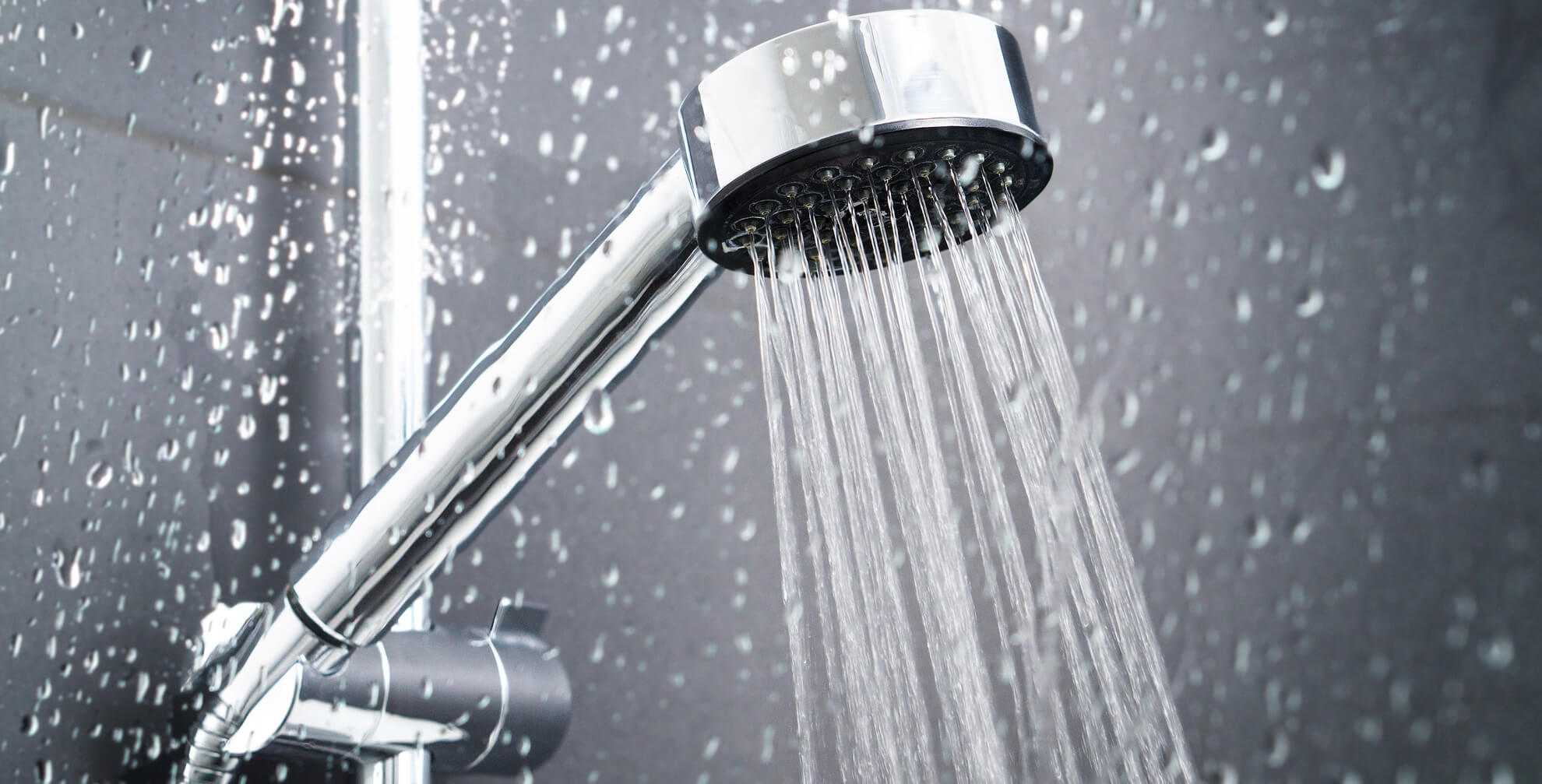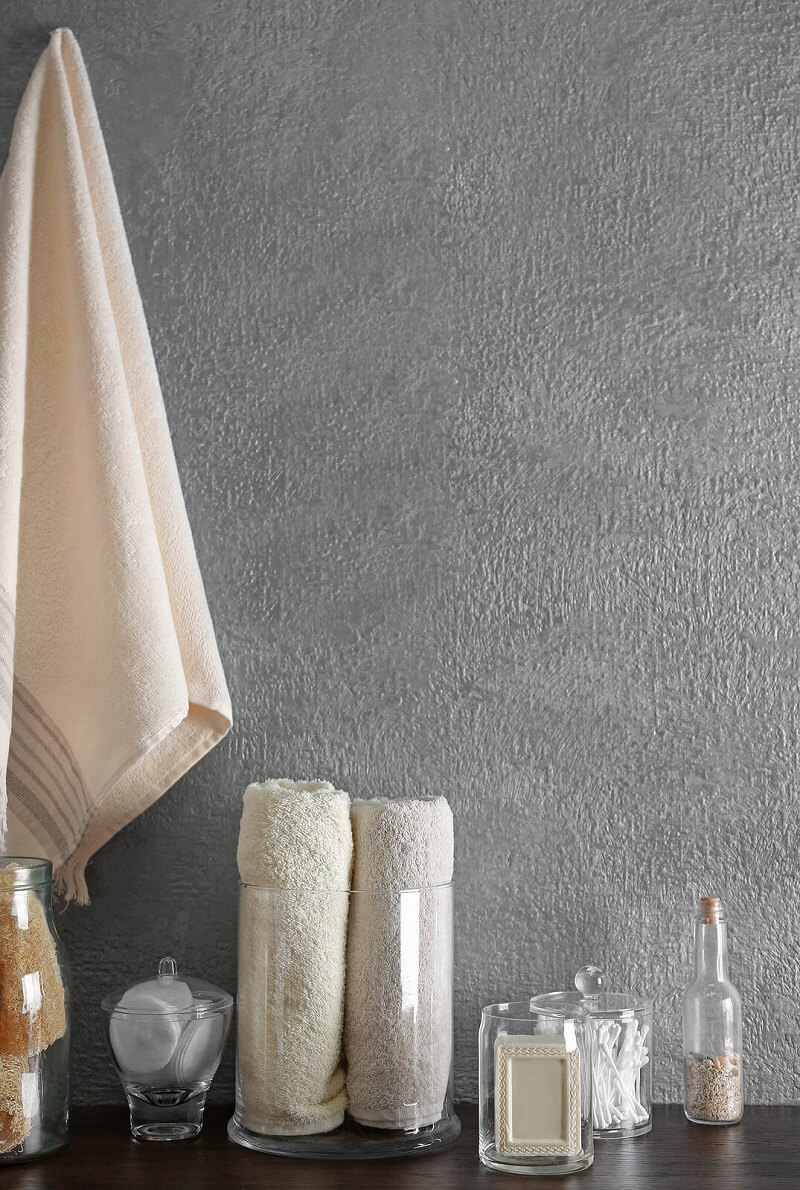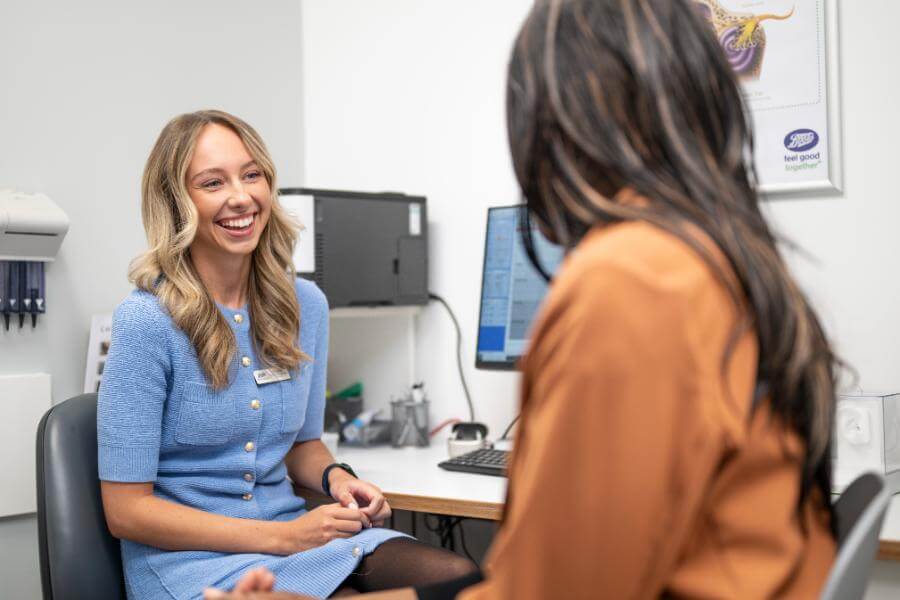How to safely clean your ears in the shower

How to safely clean your ears in the shower
3 minutes
Published 24 July 2024
When it comes to personal hygiene, ear care can often be overlooked. Yet, maintaining clean ears is not only important for hearing but your overall health. But, with all the different opinions and techniques out there, it can become a bit of a minefield.
How often should you clean your ears? What are the safest ways to remove earwax? Can you use cotton swabs? What’s the best way to wash your ears in the shower? This guide will address all these questions and more!
Is it necessary to clean your ears?
Washing your ears isn't usually necessary. Earwax is a natural substance produced by glands in the outer ear canal to protect the inner and middle ear from debris and bacteria. It also keeps the ear canal lubricated and helps trap bacteria. Typically, earwax moves to the outer ear on its own, aided by actions like talking and chewing, where it can be wiped away.
Most people don’t need to manually remove earwax, as the ears are self-cleaning. If you see earwax buildup near the outer ear, gently wipe it away with a damp towel. Avoid inserting foreign objects, including cotton swabs, into the ear canal.
Learn more about why cotton swabs are not the best choice for cleaning your ears.

Safest ways to clean your ears
Despite the self-cleaning nature of ears, some people produce excess earwax, leading to earwax plugs, especially in older adults. Some may also feel the need to frequently clean their ears. If you need to remove excess earwax, cleaning your ears in the shower is a good approach.
Why clean your ears in the shower
The shower provides an ideal environment for ear cleaning because:
Warm water: the steam and warm water can soften earwax, making it easier to remove.
Convenience: it's an easy addition to your daily hygiene routine.
Safety: using water reduces the risk of pushing wax further into the ear canal, unlike cotton swabs.
How to clean your ears in the shower
In the shower is an ideal time to clean your ears. You can wash your ears as often as you like by following these steps:
Gather your supplies
A washcloth or cotton ball
Warm (not hot) water
Optional: a gentle ear cleaning solution
Preparation
Ensure the water temperature is comfortable. It should be warm but not scalding to avoid irritation.
Softening the earwax
Tilt your head slightly to one side, allowing warm water to gently flow into your ear. You can let the water fill your ear for a few seconds to soften any wax.
Rinsing
Using your cupped hand, splash warm water gently into your ear canal. Avoid using high-pressure water as it can cause damage. If you’re using an ear cleaning solution, follow the instructions on the product. Typically, a few drops are enough.
Massaging
Gently massage the area around your ear to help dislodge any softened wax. Be gentle to avoid any injury.
Draining
Tilt your head in the opposite direction to let the water (and hopefully, any loosened wax) drain out. You can use a washcloth or cotton ball to wipe away any moisture and wax around the outer ear.
Drying
After your shower, use a clean, dry towel to pat your ears dry. Ensure there's no remaining moisture to prevent bacterial growth.
Tips and precautions
Avoid over-cleaning: your ears are self-cleaning. Over-cleaning can strip away essential oils and lead to dryness or irritation.
Never use sharp objects: avoid using cotton swabs, hairpins, or other sharp objects to clean your ears. These can push wax deeper and cause damage.
Watch for signs of infection: if you experience pain, discharge, or hearing loss, consult a healthcare professional. These could be signs of an ear infection or impacted wax.
Consider ear drops: if you have persistent earwax issues, consider using over-the-counter ear drops specifically designed to dissolve wax.
Frequently asked questions
Author
Boots Hearingcare
Boots Hearingcare



